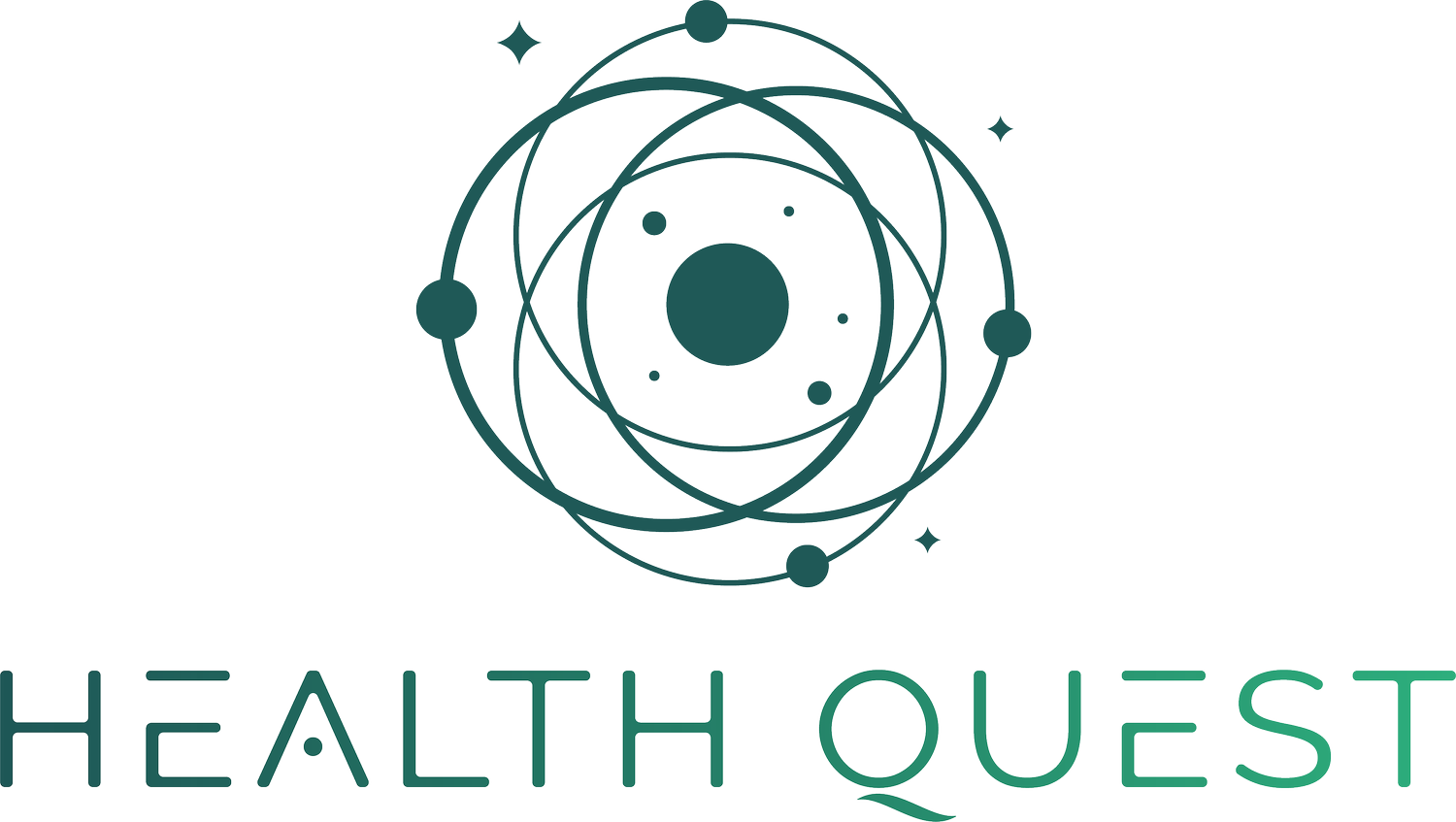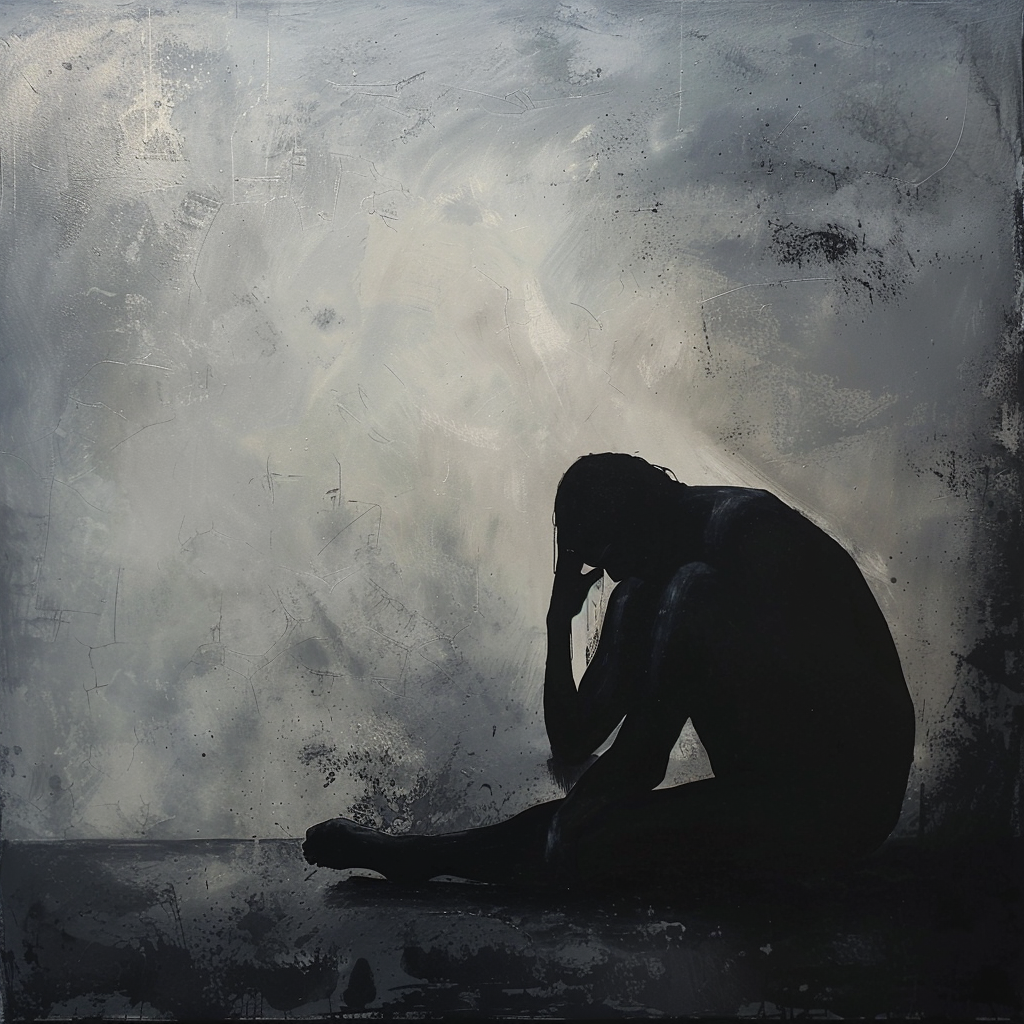Know Your Brain Depression
Learn About Depression
Understanding your mind and how it works is vital to getting help and getting your life back.
Depression is a common mental health disorder that can happen to anyone and affects 5% of the global population (1. WHO). Knowing about your brain can be particularly helpful when it comes to recognizing depression in yourself and your loved ones. Depression can take many forms and show up in the brain and the body in different ways. Typically we think of “feeling very sad” as the hallmark of depression, but some people’s brains do not experience depression this way. Every person’s brain experiences depression differently. One person’s experience may be totally different from another person.
Often people feel profoundly bored or uninterested in things that used to bring them joy. Other common symptoms are sleep problems, difficulty eating and digesting, difficulty concentrating, headaches, body pain, and uncontrollable anger. People with depression can feel worthless, hopeless, and guilty about themselves or their symptoms (2. NIMH). When this happens, they are at risk of hurting themselves and need help right away.
A person’s depressed brain may have a hard time recognizing depression because it doesn’t have the energy or motivation. Often a trusted friend can see symptoms first and help their friend with a depressed brain seek treatment.
The good news is that depression is treatable and a depressed brain can recover and return to a state of ease and confidence. The best way to treat depression is by using a combination of medication and therapy. A major symptom of depression is feeling worthless, which can make it difficult for people with depressed brains to take medication or attend medical appointments. Knowing your brain means that you can recognize these symptoms and realize that there is nothing shameful about seeking help. You are worth it, and our team at HQ Psych is ready to support you.
If you or someone you know is experiencing any of the symptoms of depression, they may need help right away. You can call 988 to reach the suicide hotline and speak to someone who understands 24/7.
Citations:


